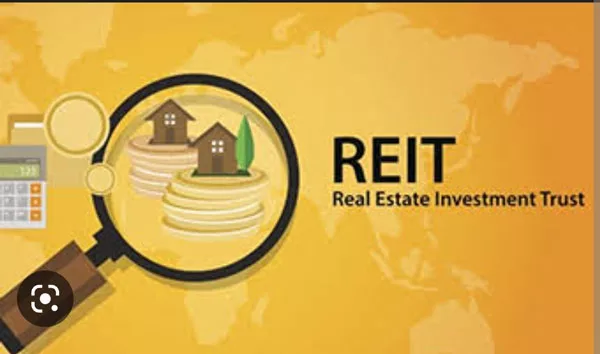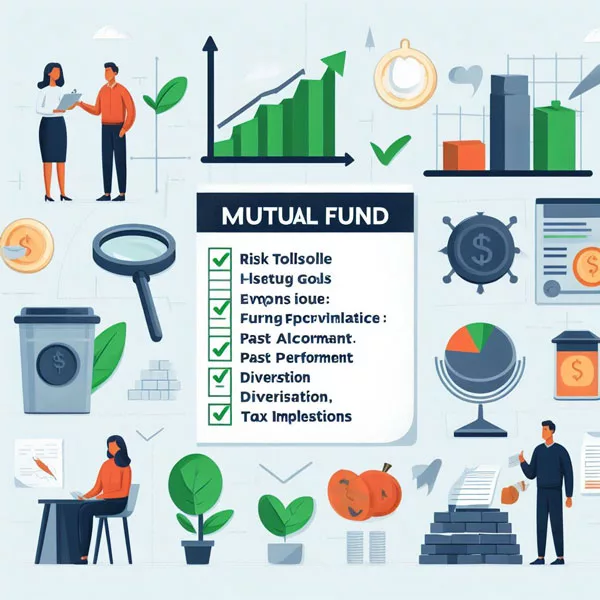Financial Planning for Beginners: Navigating the Golden Years with a Golden Plan
Table of Contents
Introduction
Ah, the golden years! A time when the toughest decision should be choosing between a beach holiday or a mountain retreat. But before we get there, there’s a tiny detail we need to address: financial planning.
Remember when planning meant deciding which beach to hit during summer? Now, it’s all about the Benjamins!
The Why Behind Financial Planning
Financial planning isn’t just about counting pennies; it’s about ensuring those pennies multiply and give you the freedom to enjoy life on your terms. As you approach retirement, the dynamics of your income change.
This makes starting financial planning not just a good-to-have, but a must-have. Think of it as the GPS for your finances. Without it, you might just end up lost in the world of bills and budgets, and trust me, that’s one adventure you can skip!
First Steps in Financial Planning
Alright, let’s dive into the deep end. But don’t worry, we’ve got floaties!
- Setting Clear Goals: Whether it’s a dream vacation in the Maldives or ensuring you have a medical emergency fund, jot it down.
- Understanding Assets and Liabilities: Know what you own and what you owe. It’s the beginner’s guide to your financial health.
- Creating a Budget: Track every dollar coming in and going out. And remember, the first step is always the hardest, especially if it’s away from a sale at your favorite store!
Tools and Resources for Beginners
Welcome to 2023, where there’s an app for everything! From budgeting to tracking investments, modern tech has got you covered. For those who prefer the traditional route, there are plenty of books and courses tailored for starting financial planning.
And if things get too tricky, don’t hesitate to seek professional help. Financial advisors can provide clarity and direction. And speaking of direction, ever thought of sharing your financial journey on a blog? With AI tools, it’s easier than ever!
Common Mistakes and How to Avoid Them
We all make mistakes. Remember that neon outfit from the ’80s? Financial blunders, however, can be a bit more… lasting.
- Not Starting Early Enough: The magic of compound interest waits for no one.
- Forgetting About Inflation: Prices rise. Ensure your savings do too.
- Impulsive Decisions: That timeshare might sound good now, but will it in 5 years?
The Future of Financial Planning
The world’s evolving, and so is financial planning. With AI and automation, strategies are becoming more sophisticated. Online communities and blogs (hint, hint) are playing a pivotal role in spreading financial literacy.
Dive into this digital age, and who knows, you might just become the next big blogger on the block!
Conclusion
Dive headfirst into the world of financial planning and embrace the peace of mind it brings. Remember, it’s not about how much you have; it’s about how well you manage it.
And as you navigate this journey, consider sharing your insights, blunders, and victories on a blog. After all, in 2023, blogging isn’t just fun; it’s profitable! Cheers to a financially secure, sun-soaked retirement!
Frequently Asked Questions
I’m new to all this. What exactly is financial planning?
Think of financial planning as a roadmap for your money. It helps you understand where you are, where you want to go, and the best route to get there. It encompasses budgeting, investing, retirement planning, and much more.
Is financial planning just for the wealthy?
Absolutely not! Whether you’re making thousands or millions, everyone can benefit from having a plan for their money. It’s about making the most of what you have.
How often should I review my financial plan?
Ideally, once a year or whenever there’s a significant change in your life, like a new job, marriage, or a baby on the way.
What’s the difference between a budget and a financial plan?
A budget is a monthly plan for your money, while a financial plan is a broader, long-term strategy that considers your overall financial goals and future needs.
I have debts. Can I still start financial planning?
Yes, and you should! Part of financial planning is addressing and managing debts. It can help you create a strategy to pay them off more efficiently.
How do I prioritize my financial goals?
Start with immediate needs (like paying bills) and then consider short-term goals (like a vacation) and long-term objectives (like retirement). It’s all about balancing today’s desires with tomorrow’s needs.
Are online financial tools and apps trustworthy?
Many are, but always do your research. Check reviews, ensure they have robust security measures, and understand their terms of service.
What’s an emergency fund, and why do I need one?
It’s a savings buffer for unexpected expenses, like medical emergencies or car repairs. It provides peace of mind and financial stability.
How can I save when I’m living paycheck to paycheck?
Start small. Even saving a tiny amount consistently can add up. Review your expenses, cut non-essentials, and consider side gigs or passive income streams (like that blog we mentioned earlier!).
What’s the deal with compound interest?
It’s the interest on your interest. Over time, it can make your savings grow exponentially. It’s like a snowball effect for your money.
How do taxes fit into financial planning?
Taxes can significantly impact your finances. Effective financial planning considers tax implications to ensure you’re not paying more than you should.
I’ve heard about “risk tolerance” in investing. What is it?
It’s how comfortable you are with the ups and downs of the market. Knowing your risk tolerance helps in choosing the right investments for you.
With so much information online, why would I need a financial advisor?
While there’s a wealth of info online, a financial advisor offers personalized advice tailored to your unique situation.
They can provide clarity, expertise, and strategies you might not have considered.
When is the best time to start financial planning?
Yesterday was ideal, but today works too!
How much should I aim to save for retirement?
Aim for 15-20% of your income, but remember, personal situations vary.
Are there beginner-friendly financial planning courses?
Absolutely! Online platforms, community colleges, and workshops abound.
How do I know if I need a financial advisor?
If financial jargon sounds like gibberish, it might be time to call in the pros.







